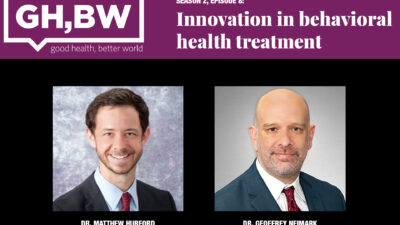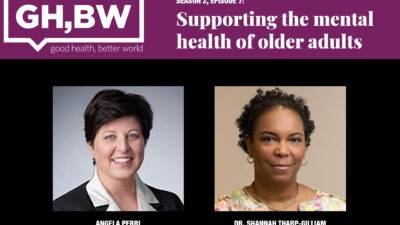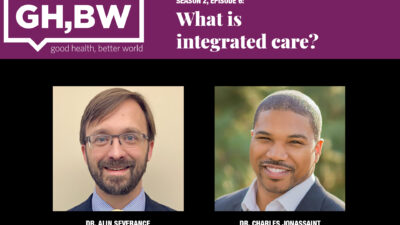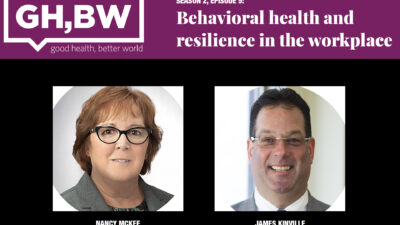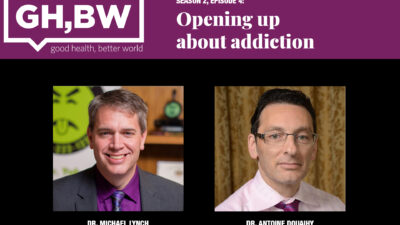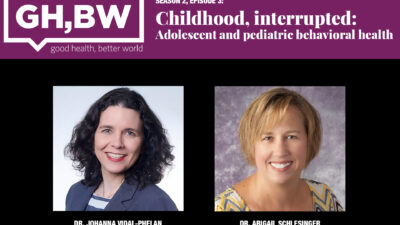Maternal health is a key measure of a society's overall health. Researchers, insurers, and health care experts continue to try to tackle reducing maternal health barriers — and by extension, improving care for both mothers and infants.
Fetal mortality has notably for years been worse in Pittsburgh than comparable cities. That’s even more true for Black women. From 2014-18, the rate of mortality — death at 20 weeks or more — for Black moms was nearly 13 for every, 1,000 pregnancies. For white women, the rate was about 7 per 1,000 pregnancies.
While medical experts had long been aware of and tried to address the problem. A report produced in 2019 by Pittsburgh’s Gender Equity Commission, convened by the mayor, pushed the discussion again to the forefront.
“Although it is most pressing for Black women, Pittsburgh's maternal health has room for improvement across all groups,” the report states.
But nationwide, fetal death rates are disproportionately higher among Black women, according to the Centers for Disease Control and Prevention.
In Episode 7 of Good Health, Better World, we hear from Dr. Johanna Vidal-Phelan, senior director of medical pediatrics for UPMC, and Katie Domalakes, director of clinical programs/CHIP for UPMC Health Plan, on how health insurance companies can aid in efforts to reduce barriers to support better maternal health.
Katie, can you say a little bit about our mobile services and the opportunity to get closer to families through use of technology to connect with them, face-to-face, while they’re at home?
Katie Domalakes: I think being mobile has allowed us a couple of great opportunities in being able to understand and walk in the shoes of our families — meeting people in their home is a lot more intimate.
It requires a lot more established rapport and trust. It makes us — as clinicians, as nurses and as social workers — be more mindful and be more present. So, I think that allows us to have more accessibility, more availability, and better quality conversations.
COVID-19 has derailed our plans to be increasingly mobile and increasingly in homes.
So, we have been forced to use or think about using technology differently. We've used our AnywhereCare platform, which is a video platform. What we found has been that this platform, and being able to see someone, has increased engagement with our families.
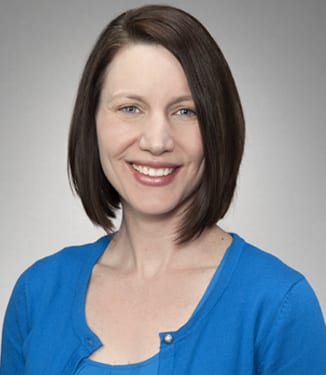
Johanna, what do you think about the use of video, in the work that you do as a pediatrician, or even observing what we do at the health plan?
Dr. Johanna Vidal-Phelan: The impact of video engagement is so important. We are engaging with our members through, for example, the maternity care management program, and soon the pediatric care management program.
Face-to-face is always ideal, but if we can reach our families by connecting with them, I can assess the facial features of a mother — be suspicious of postpartum depression or other issues that may be impacting that household. That is very challenging to determine when doing it only by phone. The pandemic has really changed the way we view healthcare.
They're so excited to see us continue engaging with them in a way that they feel that it's safe. They feel that they can ask questions.
Johanna, can you talk about some of the services that women and families need that maybe aren't considered traditional health services, but are instrumental to the health and well-being of moms and children?
Dr. Johanna Vidal-Phelan: Not only access to healthcare and well-child visits and immunizations, but access to an education, access to the right foods, access to health care when it's needed the most, and access to behavioral health services and dental services — these are all critical components in the well-being and the growth of our children. We know that in order for children to be healthy, to be well adjusted, to do well in life, it is really important that parents are cared for.
We know that when a mom is not healthy and she has chronic medical conditions — from diabetes, hypertension, or mental health issues, even substance abuse disorder — this child that I'm caring for as a pediatrician is not going to do well.
This is why we need to focus not only on increasing access to healthcare to mothers, but also access to these other services that are so important and so essential in the well-being of the family as a whole.
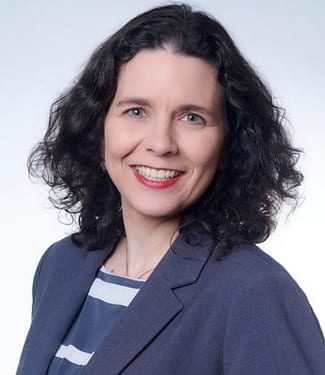
What do you feel particularly hopeful about when it comes to maternal and child health?
Katie Domalakes: I'm particularly hopeful that there is a lot of good work happening in communities. And I'm hopeful that we, as an integrated finance and healthcare delivery system, are committed to coming to the table and learning.
I think that 2020 has provided guidance on things that we can't really turn away from. There are very huge structural health inequities based on race that we must acknowledge, particularly around maternal child health outcomes and the death rates related to race and ethnicity based on COVID-19.
We can start to acknowledge it and start moving to the communities and partnering with them to change it. And I'm hopeful that we're at the point now that we listen. And I'm hopeful that we use that information to make the changes that we need.
Dr. Johanna Vidal-Phelan: I'm very hopeful that having these conversations about health disparity is going to lead us to finally improving these issues. To get us to talk about it, to teach the next generation and to address them (the causes) earlier.
I'm a Latina physician with almost 20 years of experience, and I really have dedicated my career to serve the underserved. I have personally understood and faced the challenges that the Hispanic Latinos face, and nothing has changed. The health disparities and social determinants of health that impacted my community 20 years ago are still here today.
So, the first step in addressing health disparities is to recognize them and to commit to reducing them. And I'm very fortunate to be part of an organization like UPMC that is talking and addressing them every single day.
I see hope. I see the future. I know there's a lot of work ahead of us. Sometimes it can be extremely overwhelming.
All of us have to be engaged — regardless of culture, ethnic background, and race — to make this happen. I’ve seen the community of healthcare leaders at UPMC come together to discuss them — to have very difficult conversations — to come up with solutions. So, I'm very hopeful that we're going to see amazing outcomes.
Listen to the rest of the conversation on the Good Health, Better World podcast.
This interview was edited for clarity and brevity.


